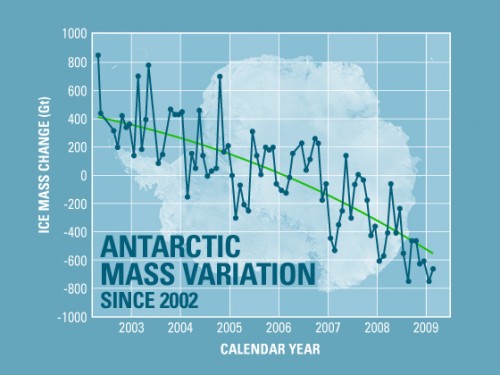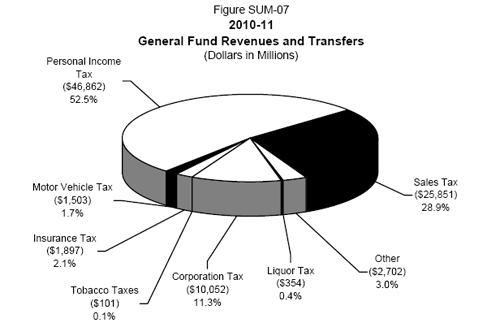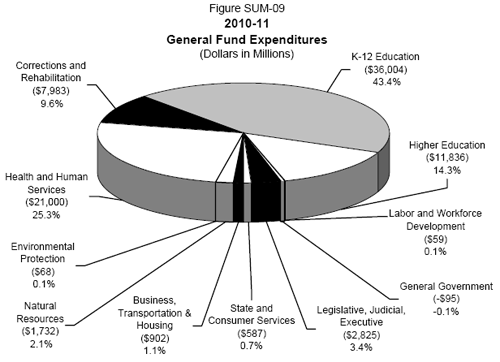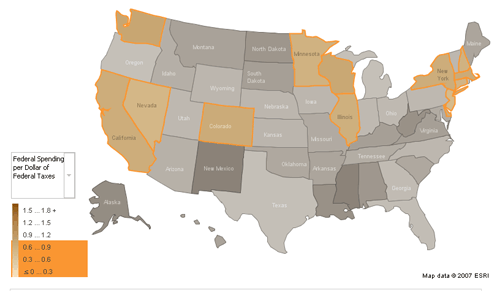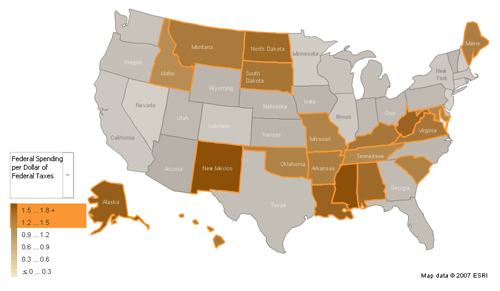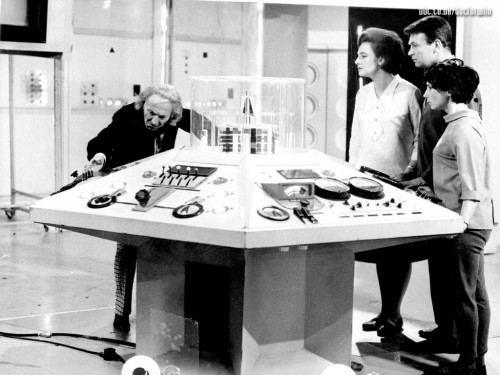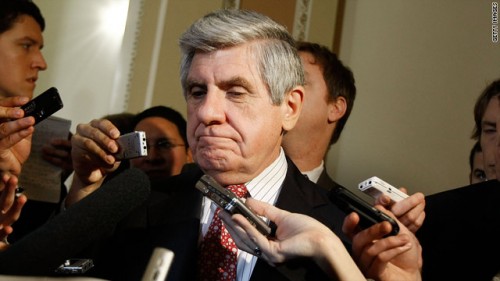It’s June, that time of year when a Californian voter’s thoughts turn to ballot initiatives. This year we’ve got four items up for some direct democracy, propositions 13, 14, 15, 16, and 17.
Prop 13
No, not that Prop 13. This one seeks to change what amounts to an oversight that discourages landowners from performing seismic retrofits on some older buildings. Major renovations can cause a property to be reassessed at its current market value instead of whatever it was originally purchased for, which can deal a substantial hit to one’s bottom line. I’m in favor of seismic retrofits, and it looks like there’s no Trojan Horse going on here. I don’t know of anybody that’s seriously opposed to this one.
Prop 14
Open primaries. There’s a loaded phrase among the politically-enthusiastic. Proposition 14 seeks to allow all voters to weigh in on all candidates during the primaries, regardless of registered party affiliation. I’ve been against private clubs holding their little selection lotteries at public expense for a while now; I’m registered as an independent, so for years my primary ballots were mighty thin. The top two vote-getters would proceed to the November ballot.
There has been a bit of a fuss over this. We’ve got some very entrenched districts in the Golden State. There are areas where the Democratic candidate may as well not bother putting himself on the ballot; he’ll lose. In other areas, the Republican candidate faces the same sorry state of affairs. With only registered Democrats getting to vote for their party candidate and only registered Republicans getting to vote for theirs, we end up with candidates targeting very narrow demographics with their campaigns. In Orange County if you can get about 13% of the population to vote you in as the Republican candidate, it’s smooth sailing from there. This leads to some fairly extreme candidates from both parties.
The argument against Prop 14 comes in a couple of flavors: third parties will be shoved off the November ballot, the two richest candidates will go on to the general election, taxes will go up because we won’t have a minority army of Howard Jarvis‘s brainwashed sex slaves in Sacramento. Ok, that last was an exaggeration. To these I answer:
- Minor parties don’t win general elections in California under the current system. By letting everybody vote, folks like the Peace & Freedom, Greens, and Libertarians have a greater chance of getting a toehold if they can field a strong candidate.
- Right now, in most districts, the two richest candidates are from the same party and they duke it out in June only to coast through November in their comfortably-gerrymandered districts. Now they’ll get to square off in a bigger field. We’ll see how that works out.
- Oh no, we run the horrible risk of some reasonably-moderate Democrats coming out of the Bay Area and some reasonably-moderate Republicans coming out of the Central Valley and Orange County. This could lead to reasonable policies and and functional state government. We run the terrible risk of getting our money’s worth for our taxes.
For those concerned that this may have a disproportionate impact for one major party over the other, please note that both cadem.org and cagop.org urge a “no” vote on this. I’m strongly inclined to vote yes on Proposition 14.
Prop 15
Proposition 15 seeks to establish public funding of some elected positions. This would be your standard “get the money out of politics” populist push. The affected positions would be:
- California Secretary of State
and that’s it. Just the Secretary of State. As somebody that’s been a consistent participant in every general, primary, and special election since I turned 18, I find this to be ludicrous. Nobody’s buying the position of Secretary of State. There aren’t huge media wars over this elected position. I’d wager that most voters in California couldn’t describe a single job function of Secretary of State if you asked them on the way out of their polling places. I understand that this is meant to be some kind of a test-bed incremental approach to eventually divorcing special interest money from California politics, but applying it to a single position like this is half-assed, piss-ant, and not something I’m interested in supporting.
Prop 16
Proposition 16 seeks to address the problem of local governments taking over the electrical utilities, taking them from heavily-regulated bastions of free market economics to oppressive monoliths of socialist bureaucracy. Alas, this is a problem that isn’t really happening. Your city and county are broke. They aren’t going to buy out the electrical utility, and even if they do is that such a terrible thing? This proposition places a higher standard of public approval on starting a local utility than passing a constitutional amendment (still only 50% of the popular vote +1 in California).
Back in 2001 we had some Enron shenanigans, rolling brownouts in California, and a general failure of a regulated free market to deliver utilities to the people of this state. I know of a single municipal electric utility nearby: Healdsburg. They have lower rates than PG&E offers here in Santa Rosa, and had no brownouts. This proposition gives me the opportunity to require a public referendum (with a 2/3rd majority requirement) to get more reliable service for less. I see no good reason to vote yes on this.
Prop 17
Proposition 17 is like Prop 16 but with a potential for real impact on individuals. Mercury Insurance has run into some problems with California regulations that allow auto insurance providers to provide customer loyalty discounts but don’t allow competing companies to match a consumer’s existing loyalty discount. This means that if you’ve been with All State for ten years and want to shop around for better rates, All State gets a regulatory advantage to try to keep you.
To fight this, Mercury wants to be able to provide discounts based on continuity of coverage. If you’ve been with All State for five years, then switch to Geico for five more years, then seek to switch over to Mercury, you’d be eligible for the same discount as if you’d just stayed with All State that whole time. If you let your coverage lapse, the discount wouldn’t be available to you any more (it wouldn’t have been to start with, but this is the main rebuttal I’ve seen). Proposition 17 ostensibly opens up the auto insurance market to more aggressive competition between companies.
The catch here is that nothing changes about the regulations regarding the overall account balances of auto insurance companies. If a company gives away $10 million in discounts to one group of customers, they have to make up for that somewhere else on their books; that is to say they have to raise rates elsewhere to the tune of $10 million. In this case, any savings realized by the consistently-insured would be paid for by new drivers (with no insurance history) or those who have let their coverage lapse.
There’s an easy argument to be made that jerks driving around uninsured don’t deserve good rates after putting the rest of us at an increased risk. There’s also an easy heartstrings-pulling argument to be made that some people go without need of auto insurance for reasons outside their control. Maybe somebody’s job puts him in a position where he doesn’t need his own vehicle for a prolonged period. Maybe it’s a military deployment. Upon returning there has been a lapse in coverage, and our noble war hero is stuck with an inflated insurance bill.
This proposition has been largely funded by an insurance company looking to make a specific maneuver in the market, much like how Prop 16 is basically PG&E’s attempt to protect its monopoly. Prop 17, however, addresses a situation I actually see as affecting how Californians are getting by. This isn’t a theoretical bungled takeover by city or county bureaucrats; it’s a way that I might be able to shift a few bucks of insurance burden off to another demographic.








